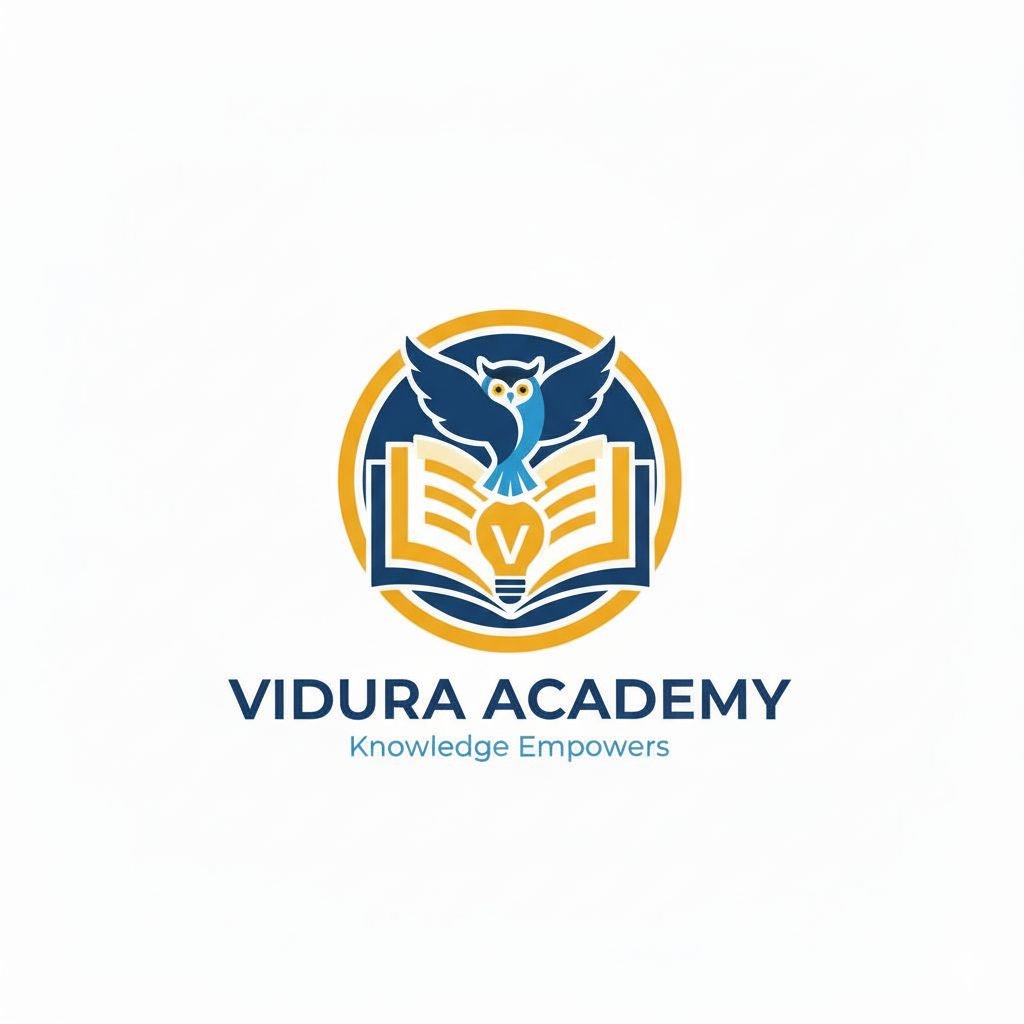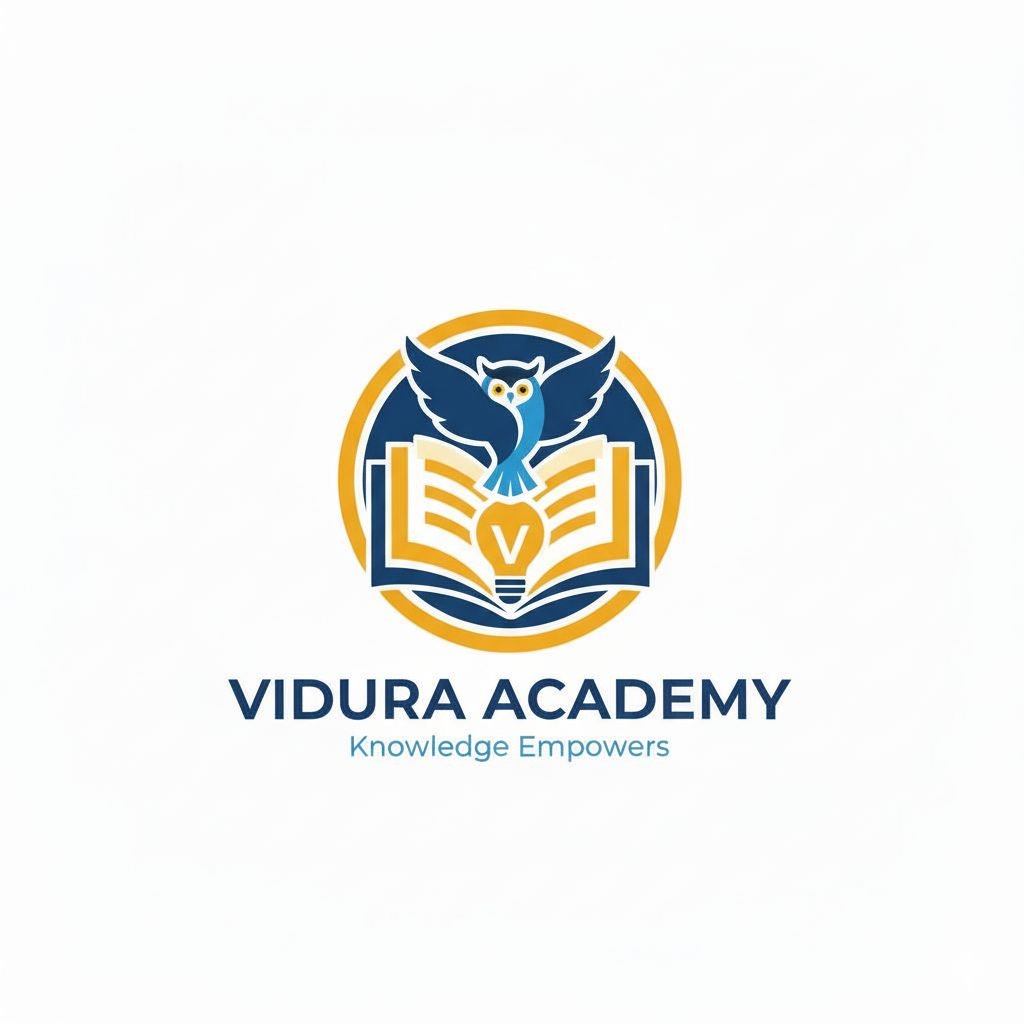Education is not only about textbooks and classrooms. True learning happens when students get opportunities to grow in every field of life. Sports and co-curricular activities are an essential part of this journey. They provide experiences that help in building confidence, discipline, creativity, and leadership – skills that are just as important as academic knowledge.
Importance of Sports
Sports are the best way to keep both body and mind healthy. Playing games such as football, cricket, basketball, or athletics improves physical fitness, stamina, and coordination. More importantly, sports teach life values like teamwork, fair play, time management, and persistence. When students play as a team, they learn to trust each other and work toward a common goal. Winning brings pride, while losing teaches patience and resilience. These are lessons that stay for life.
Value of Co-Curricular Activities
Co-curricular activities go beyond the classroom and allow students to explore their creativity. Activities like debates, drama, music, dance, art, and public speaking improve communication and confidence. They help in discovering hidden talents and hobbies that can sometimes turn into future careers. For example, a student with a passion for writing may become a journalist, or one with an interest in theatre may pursue acting. These activities also reduce stress, making school life more enjoyable.
Balance Between Academics and Activities
Academics are important, but only focusing on studies can make education incomplete. A good balance of sports, co-curricular activities, and studies helps students become all-rounders. Time spent in the playground or on stage adds energy to classroom learning. Schools that promote both academics and activities provide students with the best foundation for future success.
Skills for the Future
Both sports and co-curricular activities prepare students for challenges outside school. They encourage leadership, problem-solving, decision-making, and social skills. Students become more confident in expressing themselves and are better at handling real-world situations. These experiences not only help in higher studies but also in careers, as employers today look for people with both knowledge and soft skills.
Badminton: Known for its fast-paced action and strategic gameplay, badminton is a favorite sport among students. Our school features seven wooden badminton courts, all housed within a grand auditorium, providing an excellent environment for both practice and competition.
Basketball: Renowned for its dynamic and high-energy play, basketball is a popular sport that encourages teamwork and agility. Our school offers six hard courts, providing ample space for both practice and games.
Chess: More than just a game, chess is an analytical tool that transforms players into adept problem solvers. To foster these skills, chess is made compulsory for primary classes.
Cricket: Revered for its strategic depth and teamwork, cricket is a beloved sport that fosters camaraderie and skill development. Our school boasts an international standard cricket ground, providing an ideal setting for training and matches.
Football: Celebrated worldwide for its excitement and teamwork, football is a sport that brings communities together. Our school boasts a football ground of international standards, offering students a top-tier facility for practice and competition.
Conclusion
Sports and co-curricular activities are not just “extra” parts of education; they are equally important as academics. They bring out the hidden strengths of students and help in shaping complete, well-rounded personalities. With the right balance, students can enjoy learning, stay healthy, and build the skills needed for a successful and fulfilling life.

